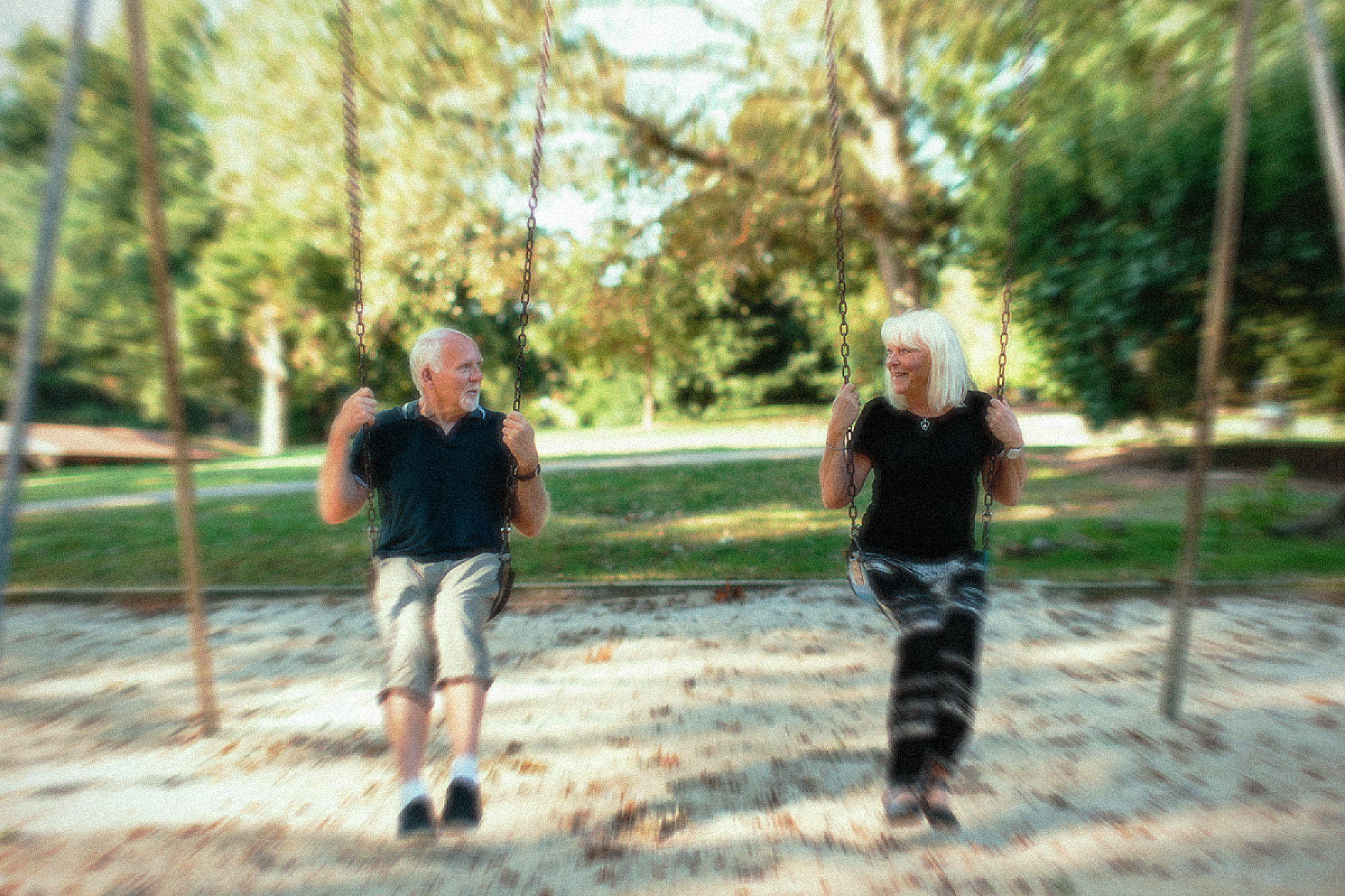
- Text Emily Russo
- Design Juriel Furukawa
We recently wrote about Gen Z’s penchant for escapism. With summer around the corner, let’s pivot that same thought towards travel and what it means to truly unplug, if at all possible in today’s day and age.
“Going off grid,” a term for unplugging from the connective network of social media, smartphone use and the like, is largely unfamiliar to a generation used to traveling and posting about their experiences in real time. And with Gen Z on track to outspend all other generations on travel this year, we’re exploring why it matters that the generation wants to go “off grid” and how it will change this summer’s travel. For Zoomers, 44% say the idea of escaping is a main motivator for traveling, but to what extent does that include escaping from digital life? Is “going off grid” realizable for young travelers, or is it a figment of a forgotten time, one that predates travel data plans?
The first challenge with logging off is that the grid provides ideas on how to escape it, a one-stop shop for travel inspiration, itineraries and sharing content from on-the-ground. Nearly two-thirds of Gen Z report finding their travel inspo from online content, the highest of any generation. But is it possible that consuming so much travel content is leading to Gen Z losing the magic of travel once they’ve arrived at their destination?
“Paris Syndrome,” the phenomenon of feeling so disappointed upon visiting Paris for the first time, one experiences dissociation and hallucinations, has flooded TikTok. It even has a genre of content completely dedicated to “Paris Disappointment,” where users share their discontent with Parisian reality and bond over slighted expectations. Travelers document their “Instagram versus reality” moments when first visiting Paris, noting the city’s unsavory smells, unappealing cityscape and underwhelming Eiffel Tower—lamenting the Parisian dream sold by influencers. The inundation and overconsumption of travel content is setting young travelers up for experiences that can’t possibly live up to the hype of curated, edited and sponsored content. If all our exploration is happening on our Explore Page, what more is there to discover?
Then there’s “Set-jetting,” the trend where people travel to popular movie and TV destinations. Almost 60% of all tourism sectors in Ireland showed an increase in 2023 following the Irish male movie star Renaissance featuring Paul Mescal, Cillian Murphy, Andrew Scott and Barry Keoghan (special shoutout to the ongoing conversation surrounding rising star Ayo Edebiri’s Irish origins). Similarly, "White Lotus’" second season spawned an uptick in interest in Italy and its Sicilian towns in 2021.
@candaceabroad but totally stan people protesting for what they believe in so…c’est la vie 🤷🏽♀️
♬ original sound - Payjoeyy
Indicative of a second nature instinct to think in terms of aesthetics, and how to translate real-life experiences into fodder for the feed, Gen Z and Millennial travel behavior exemplifies prioritization of a destination’s aesthetic in terms of potential for content. Popular TV series' and films serve as proof of concept. When it comes to needing a break from real life, young travelers are taking cues from big and small screens to create their own main character moments.
If we can’t escape the grid for good, we can at least make content out of attempts to imitate an off-grid aesthetic—enter “off grid core.” Popular content genres like cottage-core, tradwife-core and tradwife cottage-core harken back to a pre-plugged-in time, characterized by making all ingredients of a recipe from scratch, foraging in the forest for an audience of millions and dressing for a life spent on a remote farm in the middle of Ohio. Gen Z-ers are cosplaying an “off grid” lifestyle via various key aesthetic indicators, all documented for social media.
@gallantlystreaming_ Still couldn’t find Connell. #normalpeople #connellwaldron #connellandmarianne #dublin #ireland #travel #traveling #paulmescaledit #fyp ♬ original sound - 🐈
The aestheticization of an “off-grid” lifestyle extends to travel content. The “European-summer aesthetic” is characterized by oceanside shots, antique-esque cityscapes and unbothered, averted gazes. Italian cities that look just barely wifi-enabled serve as the backdrop for out of office posts, ensuring vacationers are never too far from their online networks, even though it may look like they are.
Gen Z travelers are bonded to their number one travel companion, their phones, relying on social media to find inspo, source guidance and post travel content. But there’s clearly a tension between Gen Z’s mounting desires to experience IRL connection and their surging screen time. While it’s unrealistic to live completely off the grid in today’s day and age, is there a future in which Gen Z’s dependency on technology serves its desires to disconnect, rather than jeopardizes it? Maybe all we need when we travel is GPS, not 900 of our closest friends.



